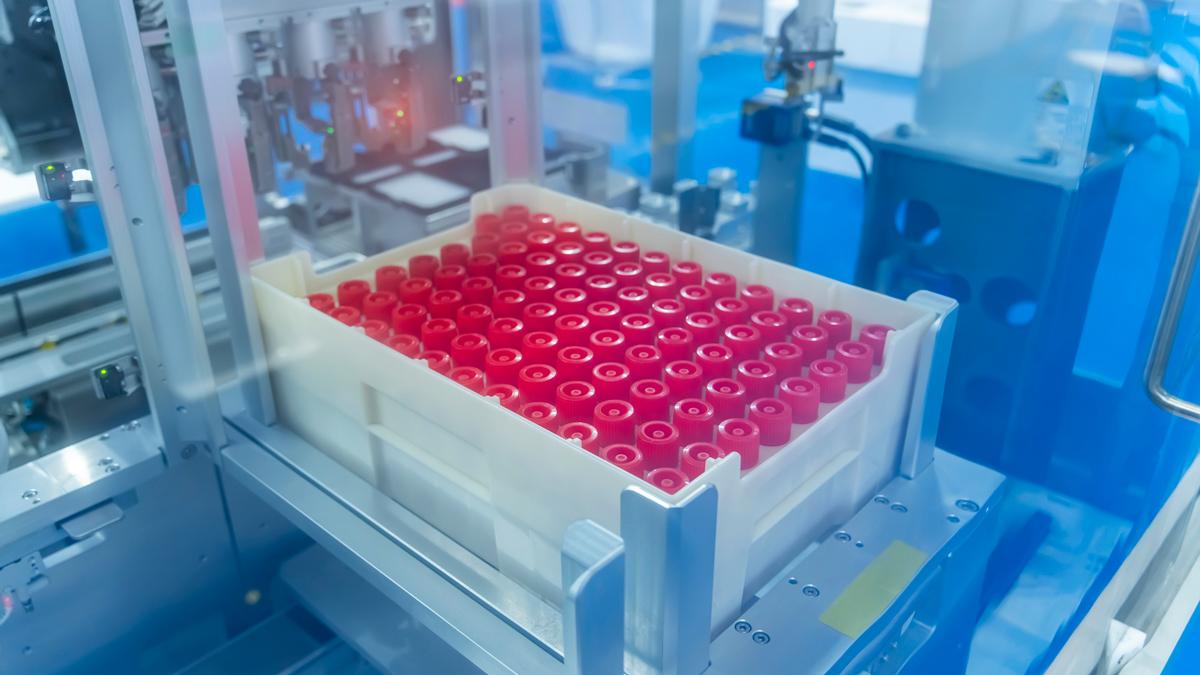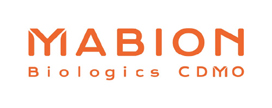Biologics contract manufacturing: A comprehensive guide for pharmaceutical companies

The pharmaceutical industry is undergoing a profound transformation, driven by the increasing complexity of drug development and the need for greater efficiency and cost-effectiveness. At the heart of this evolution lies the growing prominence of biologics contract manufacturing, a strategic partnership that is reshaping the way pharmaceutical companies approach their production and distribution challenges.
Let us delve into the intricacies of biologics contract manufacturing, explore its definitions, benefits, and the key considerations for pharmaceutical companies seeking to leverage this powerful outsourcing model. From understanding the role of contract development and manufacturing organisations (CDMOs) to navigating the process of selecting the right partner, this article aims to equip readers with the knowledge and insights necessary to make informed decisions that will propel their businesses forward in the dynamic biopharmaceutical landscape.
What is biologics contract manufacturing?
Biologics contract manufacturing, or BCM, refers to the collaboration between a pharmaceutical company and a specialised third-party service provider, known as a contract development and manufacturing organisation (CDMO), for the production of biological drug products. This outsourcing arrangement allows pharmaceutical companies to delegate the complex and capital-intensive tasks of drug development and manufacturing, enabling them to focus on their core competencies, such as research, innovation, and commercialisation.
CDMOs play a pivotal role in the biologics contract manufacturing ecosystem, serving as comprehensive partners that can support pharmaceutical companies throughout the entire drug development and production lifecycle. These specialised service providers offer a wide range of capabilities, including:
- Upstream processing – cell line development, cell culture, and bioreactor operations
- Downstream processing – purification, formulation, and fill-finish services
- Analytical testing and quality control
- Regulatory compliance and documentation
- Logistics and supply chain management
By leveraging the expertise and infrastructure of CDMOs, pharmaceutical companies can accelerate their time to market, reduce costs, and ensure compliance with stringent industry regulations.
While CDMOs, contract manufacturing organisations (CMOs), and contract research organisations (CROs) all play crucial roles in the pharmaceutical industry, they offer distinct services and capabilities. CMOs focus primarily on large-scale manufacturing, while CROs specialise in research and development activities. CDMOs, on the other hand, provide a comprehensive suite of services that span the entire drug development and manufacturing continuum, making them a valuable partner for pharmaceutical companies seeking end-to-end support.
What are the advantages of biologics contract manufacturing?
One of the primary drivers behind the adoption of biologics contract manufacturing is the potential for significant cost savings. By outsourcing production to a CDMO, pharmaceutical companies can avoid the substantial capital investments required to build and maintain their own manufacturing facilities. Additionally, CDMOs can leverage economies of scale, specialised expertise, and advanced technologies to optimise production processes, leading to increased efficiency and reduced overhead costs.
Accelerated time to market
Bringing a new biologic drug to market can be a time-consuming and complex process, fraught with various challenges. CDMOs, with their extensive experience and dedicated resources, can streamline the development and manufacturing stages, allowing pharmaceutical companies to navigate the regulatory landscape more effectively and reach patients faster.
Access to specialised expertise and technologies
Biologics manufacturing often requires highly specialised knowledge, equipment, and facilities that can be challenging for pharmaceutical companies to maintain in-house. CDMOs, on the other hand, invest heavily in cutting-edge technologies, state-of-the-art infrastructure, and a talented pool of experts. By partnering with a CDMO, pharmaceutical companies can leverage this specialised expertise and access advanced capabilities that may not be readily available within their own organisations.
Improved regulatory compliance
The biopharmaceutical industry is subject to stringent regulatory requirements, and ensuring compliance can be a significant burden for pharmaceutical companies. CDMOs, with their deep understanding of industry regulations and extensive experience in navigating the approval process, can help their clients navigate the complex regulatory landscape, reducing the risk of costly delays or product recalls.
Increased flexibility and scalability
Biologics manufacturing often requires the ability to quickly adapt to changes in demand, product formulations, or market conditions. CDMOs can provide the necessary flexibility and scalability to accommodate these fluctuations, allowing pharmaceutical companies to respond more effectively to market dynamics and capitalise on emerging opportunities.
How to choose the right CDMO partner?
Selecting the appropriate CDMO partner is a critical decision that can significantly impact the success of a pharmaceutical company's biologics manufacturing strategy. Here are some key factors to consider when evaluating potential CDMO partners:
Industry reputation and track record
Assess the CDMO's reputation within the industry, looking for indicators of their expertise, reliability, and commitment to quality. Review their client testimonials, industry awards, and any regulatory or compliance issues they may have faced in the past.
Comprehensive capabilities and service offerings
Ensure that the CDMO can provide a full range of services, from early-stage development to commercial-scale production, to meet your company's evolving needs. Evaluate their expertise across various aspects of biologics manufacturing, including upstream and downstream processing, analytical testing, and fill-finish operations.
Technological capabilities and innovation
Prioritise CDMOs that have invested in state-of-the-art technologies, equipment, and facilities, as these can contribute to improved efficiency, product quality, and regulatory compliance. Additionally, look for CDMOs that demonstrate a commitment to innovation and continuous improvement.
Regulatory compliance and quality assurance
Verify that the CDMO has a robust quality management system and a proven track record of regulatory compliance. Assess their experience in working with relevant regulatory authorities and their ability to ensure that your products meet all applicable standards and guidelines.
Project management and communication
Evaluate the CDMO's project management capabilities, including their ability to communicate effectively, meet deadlines, and address any challenges that may arise during the manufacturing process. Effective project management and open communication are critical for ensuring a successful partnership.
Scalability and flexibility
Consider the CDMO's capacity to accommodate changes in production volumes, timelines, or product specifications. A scalable and adaptable partner can help you respond to market demands and capitalise on emerging opportunities.
Cultural fit and alignment
Assess the CDMO's organisational culture, values, and working style to ensure that they align with your company's own. A strong cultural fit can foster a collaborative and trust-based partnership, leading to more effective problem-solving and decision-making.
By carefully evaluating these factors, pharmaceutical companies can identify the CDMO partner that best suits their specific needs and strategic goals, paving the way for a successful and mutually beneficial collaboration.
Read more on biologics contract manufacturing services offered by Mabion.
In the dynamic world of biopharmaceuticals, the role of contract manufacturing has become increasingly vital, enabling pharmaceutical companies to navigate the complexities of drug development and production more effectively. By leveraging the expertise and resources of specialised CDMOs, these companies can focus on their core competencies, accelerate time to market, and ensure regulatory compliance, all while benefitting from cost savings and increased flexibility.
As the industry continues to evolve, the future of biologics contract manufacturing promises even greater opportunities for collaboration, innovation, and the delivery of life-changing therapies to patients worldwide. By carefully selecting the right CDMO partner and embracing the transformative trends shaping this landscape, pharmaceutical companies can position themselves for long-term success and make a meaningful impact on the lives of those they serve.
About Mabion Biologics CDMO

Mabion is a fully integrated CDMO offering a wide array of services associated with the development and manufacturing of protein-based biotherapeutics, including monoclonal antibodies and vaccine antigens. With 17 years' experience, Mabion offers an “end-to-end” solution, covering all stages of biologic drug development, from early clone selection and small-scale manufacturing through process scale-up, large-scale manufacturing, and quality control down to sterile fill-finish, packaging and serialisation, bioanalytics, and regulatory support.













